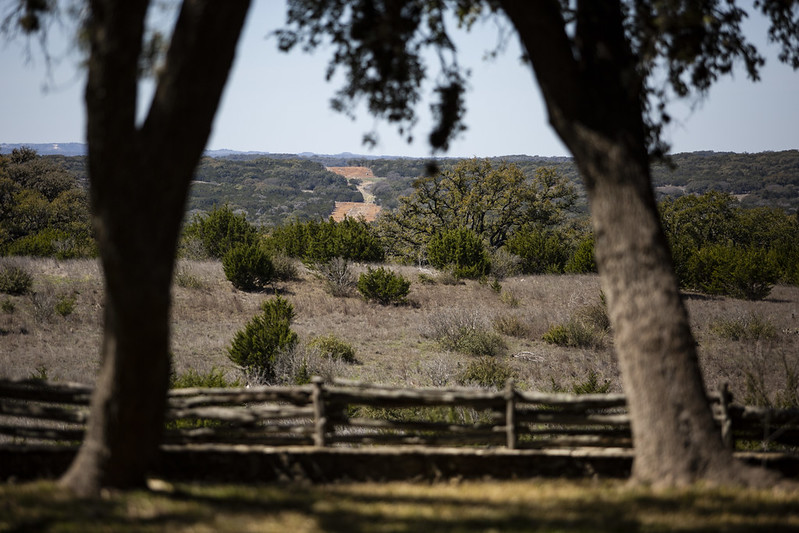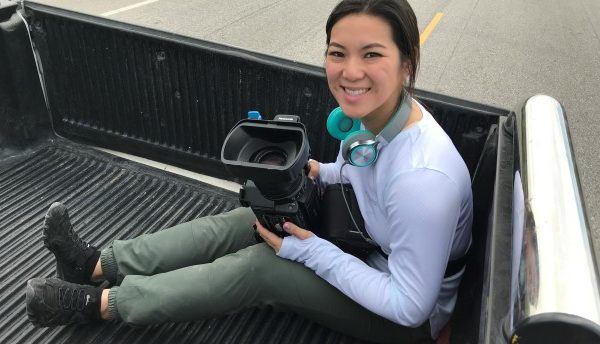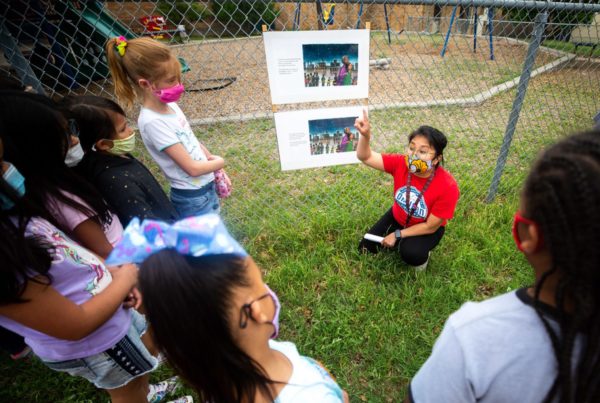For some, owning a piece of land in the wide open spaces of rural Texas is a dream come true. But land ownership comes with rules that might not be familiar to all Texans.
Tiffany Dowell Lashmet is an attorney and agricultural law specialist with Texas A&M AgriLife Extension Service. She’s also the author of the handbook “Owning Your Own Piece of Texas: Top Texas Laws Landowners Should Know.” She told Texas Standard there are three laws, in particular, every landowner or prospective landowner should be aware of.
It is possible to own a landlocked property
Under Texas law, if your property doesn’t have access to the road, your neighbors aren’t obliged to give you access. Lashmet says the simplest solution is to make sure that there’s legal access to the parcel you want before buying the land.
Your land could be used by whomever owns the mineral rights
In Texas, land is often “severed” so that different parties can own rights to the surface, rights to the minerals or water below, and even rights to the wind above. That means if your land is severed and an oil and gas company owns the mineral rights, they have the right to use whatever surface portion of your land that is “reasonably necessary” to extract that oil or gas, as part of Texas’ dominant estate rule. Lashmet says you should determine who owns the mineral rights before you buy, if the land is severed.
Agriculture businesses are often protected against smell and noise complaints
As long as they follow state and federal law, feedlots and other agricultural outfits are protected from “nuisance” clams under Texas’ Right to Farm statute. Lashmet says anyone looking to buy rural property should know ahead of time that they may not have much recourse if they end up having complaints about a neighboring agriculture business.
Read more about rules and regulation affecting rural landowners in Lashmet’s handbook, and listen to her podcast, “Ag Law in the Field.”















